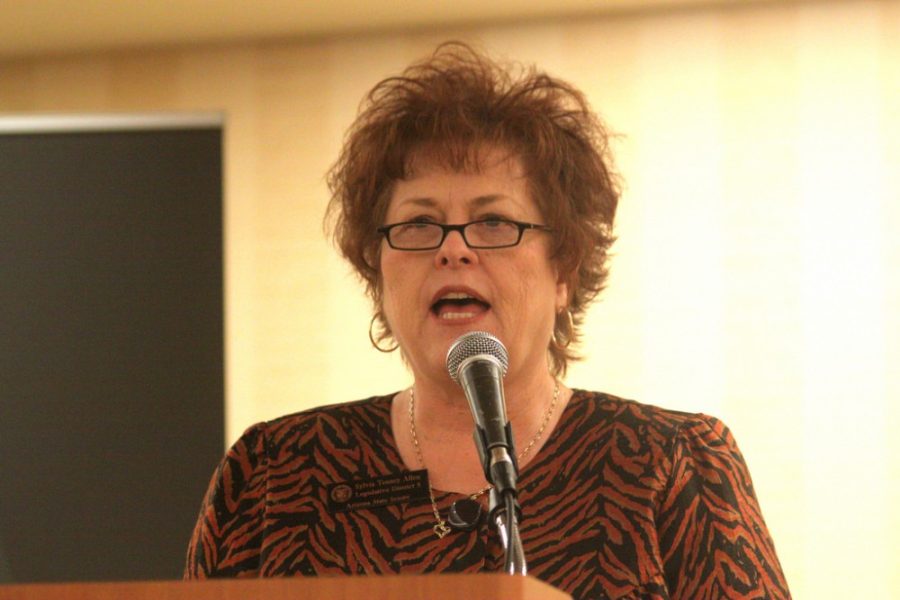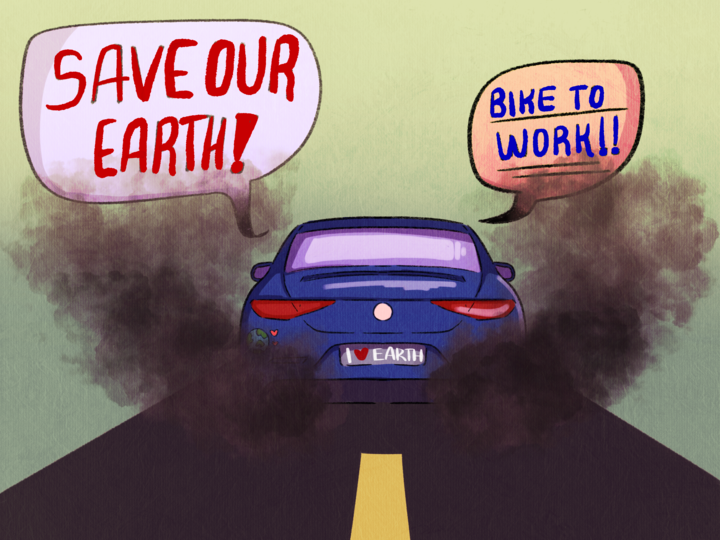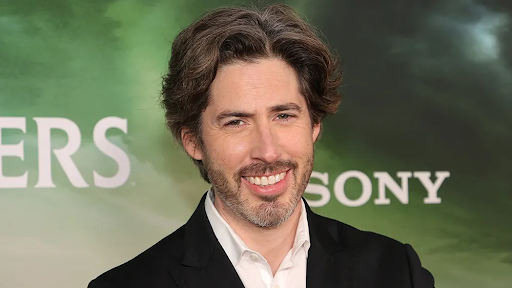Recently Sen. Sylvia Allen proposed a “Stripped-down” degree program for students who can’t afford as many classes as a regular degree. The idea is that students would only take courses in their major area of study and cut out all the courses that don’t directly relate.
While the concept is in theory, a good idea, creating a so-called stripped-down degree in order to push students through university programs establishes an unnecessary divide between students.
Universities are institutions of learning and higher education. Students come together to learn in a community that fosters their growth and helps guide them to the careers they’re looking for. The classroom is a place where regardless of race, sex, social status or socioeconomic status, we can be equal. We all pay the same amount to take the same courses and at the end of the day, to earn the same degree.
RELATED: Tucson Mayor dabbles in foreign affairs
There would be an unnecessary divide among students completing the stripped down version and the full optional version of the degree program. If students can complete the stripped-down version and still walk away with a degree, why would anyone need to complete the extra courses the university requires?
The reasoning behind general education courses is to give students the opportunity to try out something that might not be in their major area of study. Many students find a new area of interest through general education courses or find an area of study they may want to minor in. The point of having extra courses in a degree program has the goal of creating well rounded individuals.
Part of the problem with creating a stripped-down degree is that it puts a price tag on education. University programs are expensive and it’s already unfair to many students who have to shell out their pockets in order to receive an education. There’s already a conversation about students who can afford education over others, but adding a fast-track degree would only fuel the disagreements over tuition prices.
Since we’re going with the U.S. model of higher education where students pay thousands of dollars to get a degree, it is unfortunate that tuition increases make affording college difficult for some students and families.
It creates a divide that could result in certain students receiving a more well rounded education, simply because the student could afford it.
RELATED: GPSC treasurer Jim Collins accuses AVP Jasmine Sears of ‘backdoor impeachment’
It puts a value on students who can’t afford as much education as others and not a good one at that. The plan basically writes off the courses many college students feel are unnecessary already and gives students less opportunity because they can’t afford to take the full program.
Institutions of higher education should be about equality in the programs they create for their students. If the cost of a program is too high, isn’t there another solution? Passing students through a program faster because they can’t afford the full program promotes the division between the haves and the have nots. If the hope is that it will draw in students who might not have been able to go to college, it still ends up systematizing privilege.
In a public university, all students should have the equal opportunity to learn and explore their interests without unnecessary divisions from financial issues.
Follow Leah Gilchrist on Twitter.









